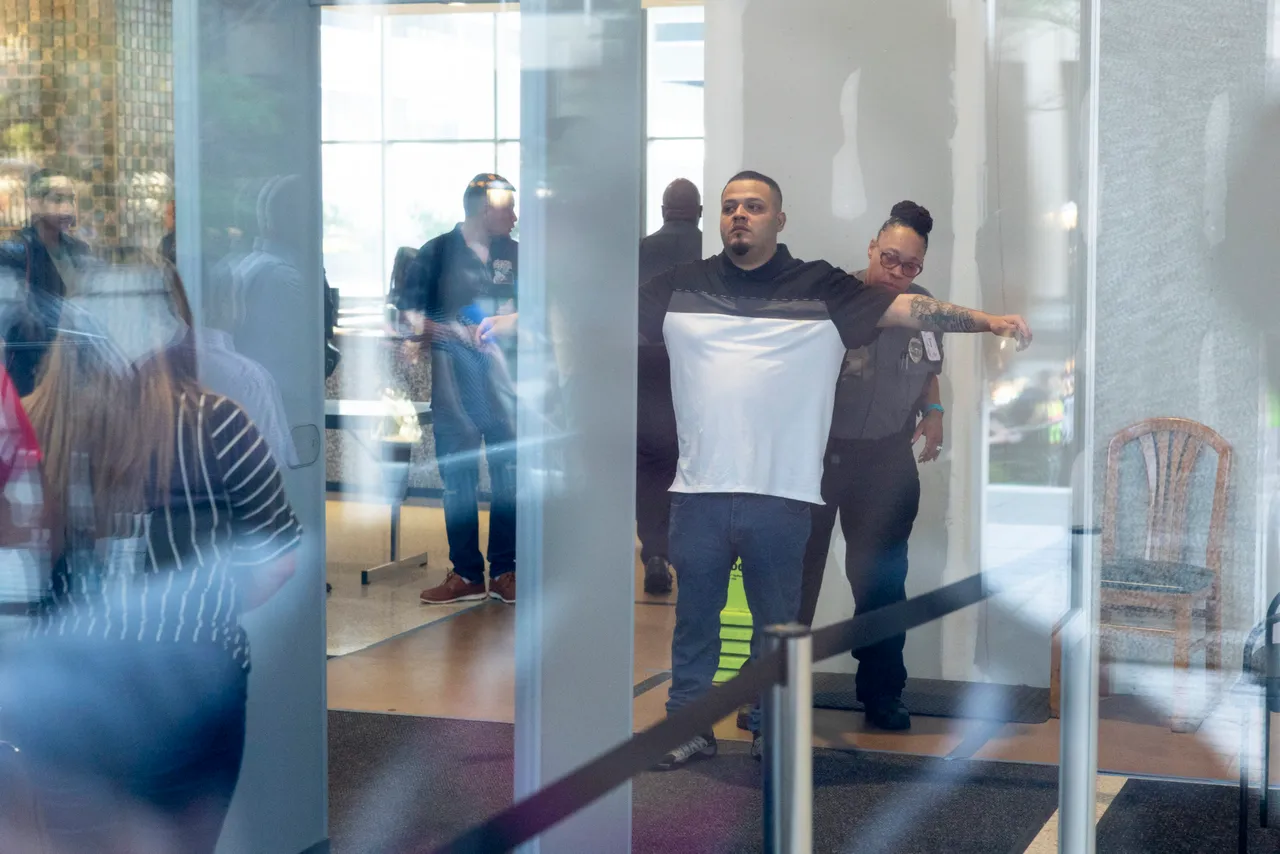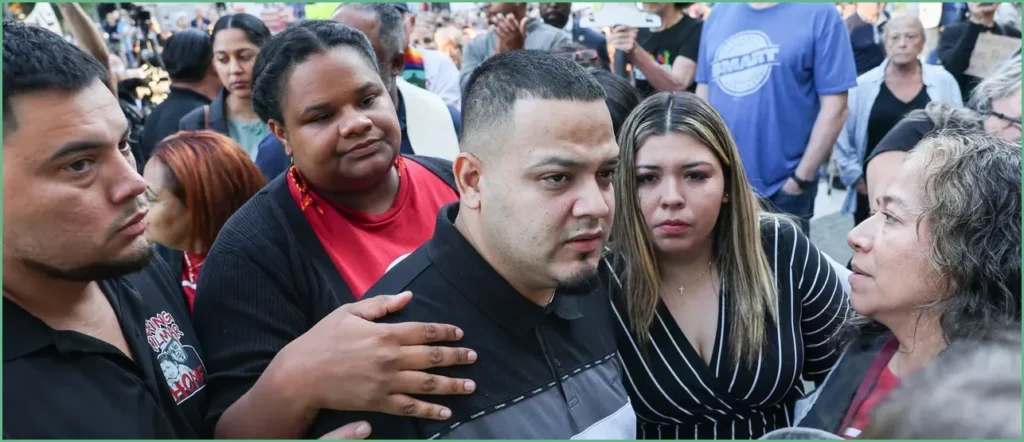The Trump administration is moving to deport Kilmar Abrego Garcia to Liberia within days, arguing the West African nation has agreed to accept him and can treat him humanely, while federal prosecutors insist he is an MS-13 affiliate and a repeat smuggler. Court filings say Liberia is the new removal destination after other African options were considered, and the push raises questions about courtroom delays, claims of fear by the detainee, and America’s ability to enforce immigration law. This piece walks through what officials say, what prosecutors allege, and why Republican policymakers see this as a necessary enforcement step.
Federal lawyers state plainly that they have a new country lined up for removal, naming the Republic of Liberia as the place that has agreed to take Abrego Garcia. “Federal Defendants hereby provide notice that they have identified a new country for removal that has agreed to accept Petitioner: the Republic of Liberia,” the DOJ wrote, and they pointed out that Liberia is not listed among the more than twenty countries Abrego Garcia says he fears. “Although Petitioner has identified more than twenty countries that he purports to fear would persecute or torture him if he were removed there, Liberia is not on that list.”
The Justice Department emphasized Liberia’s political stability and close ties to the United States, noting practical factors that make it a viable option in a tight timeframe. “Liberia is a thriving democracy and one of the U.S.’s closest partners on the African continent,” the filing stated, and officials underscored language and resettlement capacity as important considerations. “Liberia also is committed to the humane treatment of refugees.”
Prosecutors have been trying different routes to return Abrego Garcia overseas since he briefly went back to El Salvador earlier in the year, and the administration has explored multiple African countries as possible destinations. Officials floated Eswatini and Uganda at different times before settling on Liberia, and they complain that the detainee has repeatedly flagged fear claims against nearly every country under consideration. “Currently, you are designated to be removed to Uganda,” an immigration email said in September, describing the back-and-forth over placements and the prisoner’s objections.
Behind the legal maneuvering are serious public-safety allegations. Federal prosecutors say Abrego Garcia has ties to MS-13 and that he used his time in the United States to smuggle people, drugs, and weapons, including a 2022 Tennessee highway incident where authorities found multiple passengers who listed his address. That grand jury indictment and the smuggling allegations form the backbone of the government’s push to relocate him quickly and keep him off U.S. streets.
Family accusations add an ugly human dimension to the case, with reports that the woman once identified as his spouse made allegations of physical abuse in past years. Those claims, levied in separate proceedings, have been disputed and recharacterized by the parties involved, but they contribute to the picture federal prosecutors present of someone who poses a danger and who has a troubled, violent history.
On the legal end, a federal judge in Maryland ordered Abrego Garcia to remain detained until an evidentiary hearing resolves outstanding questions, and that judicial hold could delay any removal plan. The court’s involvement means the administration must thread a narrow path: asserting its removal authority while responding to pending legal claims and ensuring hearings proceed without further gamesmanship from counsel representing the detainee.
From a Republican perspective, this case illustrates two persistent problems: porous borders that let violent actors operate inside the country and courts that sometimes obstruct timely enforcement. Supporters of strict deportation policies argue this administration is rightly using diplomatic options to get dangerous individuals out of the U.S., and they see Liberia’s agreement as a practical win for public safety and for the credibility of immigration enforcement.
Critics will point to procedural fairness and to any humanitarian concerns about deporting someone to a place they claim to fear, and the courts will weigh those claims. Meanwhile, federal prosecutors and immigration officials are pressing forward with the removal plan, aiming to carry it out as soon as the government can comply with judicial requirements and logistical realities surrounding international transfers.
The debate over Abrego Garcia’s fate is likely to land in courtrooms and on Capitol Hill, where lawmakers who favor decisive enforcement will spotlight Liberia’s cooperation and the government’s determination to use every available tool to remove suspected gang members and smugglers. Policymakers in Washington will watch closely to see whether the administration can execute the plan without legal setbacks and whether this approach will become a model for future deportations of dangerous migrants.

